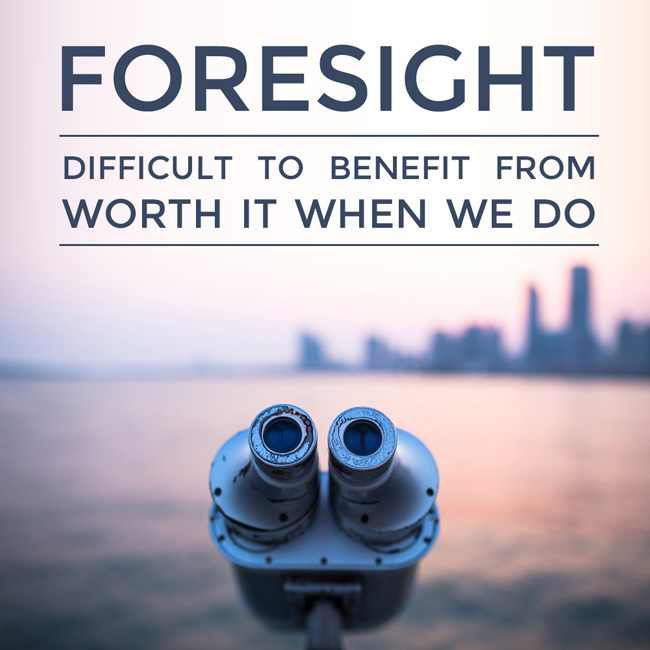
I’ve said before that if there’s one regret I have in life, it’s that it took 18 months and the need to hit absolute rock bottom five or so years ago before I could ‘justify’ making some much-needed changes in my life.
Why did it take so long? Well, all seven things I mention here were at play.
The fact that it took me so long to make changes meant things got pretty critical, and it also meant it took a really long time to claw my way back up to the surface.
Why is this on my mind at the moment?
Two reasons:
The first is that last week I shared the results from my Overwhelm Survey. Results which showed that people are drowning in life and thus drowning in anger, resentment and unhappiness. One of the simplest things they can do to get on top of/avoid that resentment is to carve out time in the day for themselves, but they’re not doing it.
Why?
Because nothing bad has happened yet.
The benefit of foresight means they know in theory something bad could happen (breakdown in their relationship, breakdown in their health etc) … but they don’t feel justified in making change a priority until those breakdowns actually happen.
In short, they see carving time out in the day for themselves as a radical move that requires radical justification.
The second thing is the fact that I recently asked people to share about a situation where they weren’t able to say no – and what impact that inability to say no had on their lives. And I got some incredible and heartbreaking stories. But the responses that hit home the most were from the people who got cancer.
They said cancer changed everything for them.
They said cancer brought into sharp relief what was really important to them and suddenly made it easy for them to say no to the things that weren’t.
Guys – I don’t want you to have to get cancer in order to work out what’s important to you. I don’t want someone close to you to die young in order for it to hit home that life is short. I don’t want you to experience the grief of losing a parent at a ripe old age in order to realise that even when life is long, life is still short.
I will admit to being a little bit shocked at the response to results of my Overwhelm Survey.
I’ve lost count of the number of people who told me the statements in slides 19-33 moved them to tears.
I will also admit to being shocked at just how little time people have for themselves in each day. How that time is seen as an indulgence rather than a necessity.
When people answer the question: ‘When I’m not feeling stressed and overwhelmed I have more time for …’ with things like:
- Being a giver
- More time to be the person I like being
- My friends and family
- Everything, as less time fretting and stressing means more time for everything else
- Being in a happy space with my family
- Fun
This is knowing that life could and should be ‘better’.
This is foresight.
So why are we waiting for something big and bad to happen before we make the things above a reality? How can we find our way to practising foresight and enjoying the benefits that brings with it?
I have three things to offer that will start you on your way.
- The very next request made of you that you know will put you under pressure and likely make you snappy and irritable, say no. Saying no is a skill like any other and takes practice. If you don’t like saying ‘no’ say ‘let me come back to you on that’ instead. Or ‘let me check my calendar’. Then when you’re removed from the immediacy of the request, say no.
- Gift yourself 15 minutes in your day to just STOP and sit with your favourite cuppa and do whatever you like: read, colour in, sit on the back verandah, scroll through Facebook. If you have to get up 15 minutes earlier or stay up 15 minutes later – gift yourself this 15 minute period of quiet in your day and see how it makes you feel. I suspect it will make you want more! Give yourself more! You will probably need to go to the effort of carving it out (because no one else is going to gift it to you!). So carve it out!
- Think about a time (hopefully recently) that you felt ridiculously content. Identify what lead to that moment. Identify what can you do to make it happen more often.For me it was a recent afternoon out in the backyard with Ant and the kids. Ant and I were chatting while kicking the footy with Jaden, and Mia was trying to get in on it too. We were all relaxed and it was just nice. The moment came about because it was a nice afternoon, I was on top of work and household stuff, and Ant was on top of work stuff. Instead of being exhausted and collapsing on the couches once home from work, we actually had the energy to go out the back with the kids. When I reflect on how nice that afternoon was, it’s pretty clear we shouldn’t be aiming for it as an ‘every so often’ nice thing to do – we should be making changes in our lives so that this is a ‘just about every afternoon’ reality.
My friend Matthew Kimberley recently said this in an email and I know it to be true:
“Even though foresight is more difficult to grasp and apply than hindsight, it’s particularly worth striving for.”
Life is short even when it’s long people. Don’t wait until tomorrow, live well today.
——–
If you’re interested, there’s something else you can do to benefit from foresight, and that’s figure out exactly what you want from life. (Because knowing what you want from life helps you make better decisions with regard to what you say ‘yes’ to.) If this sounds like something that would be helpful to you, check out this series of seven posts (all the posts are linked from this one).

